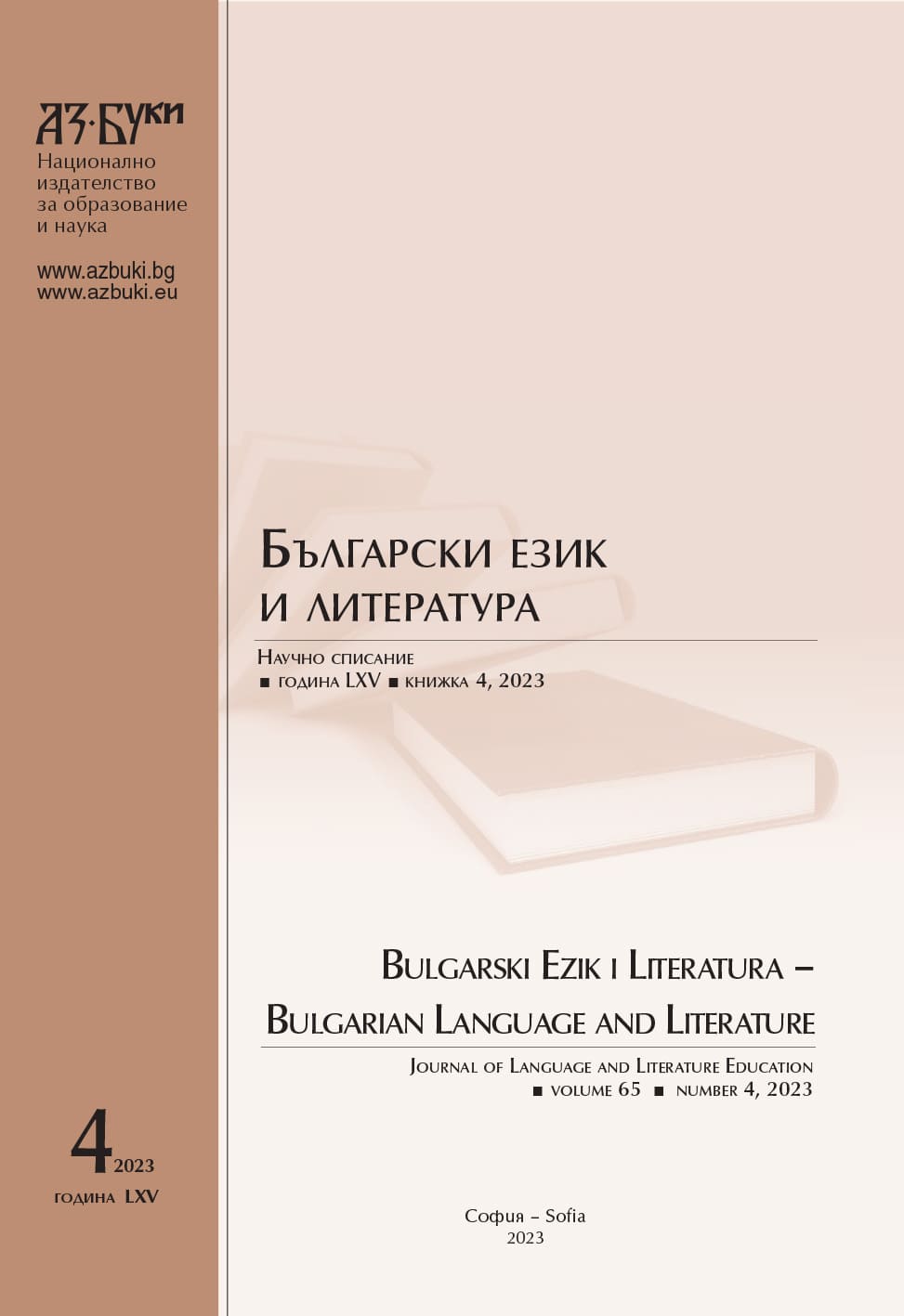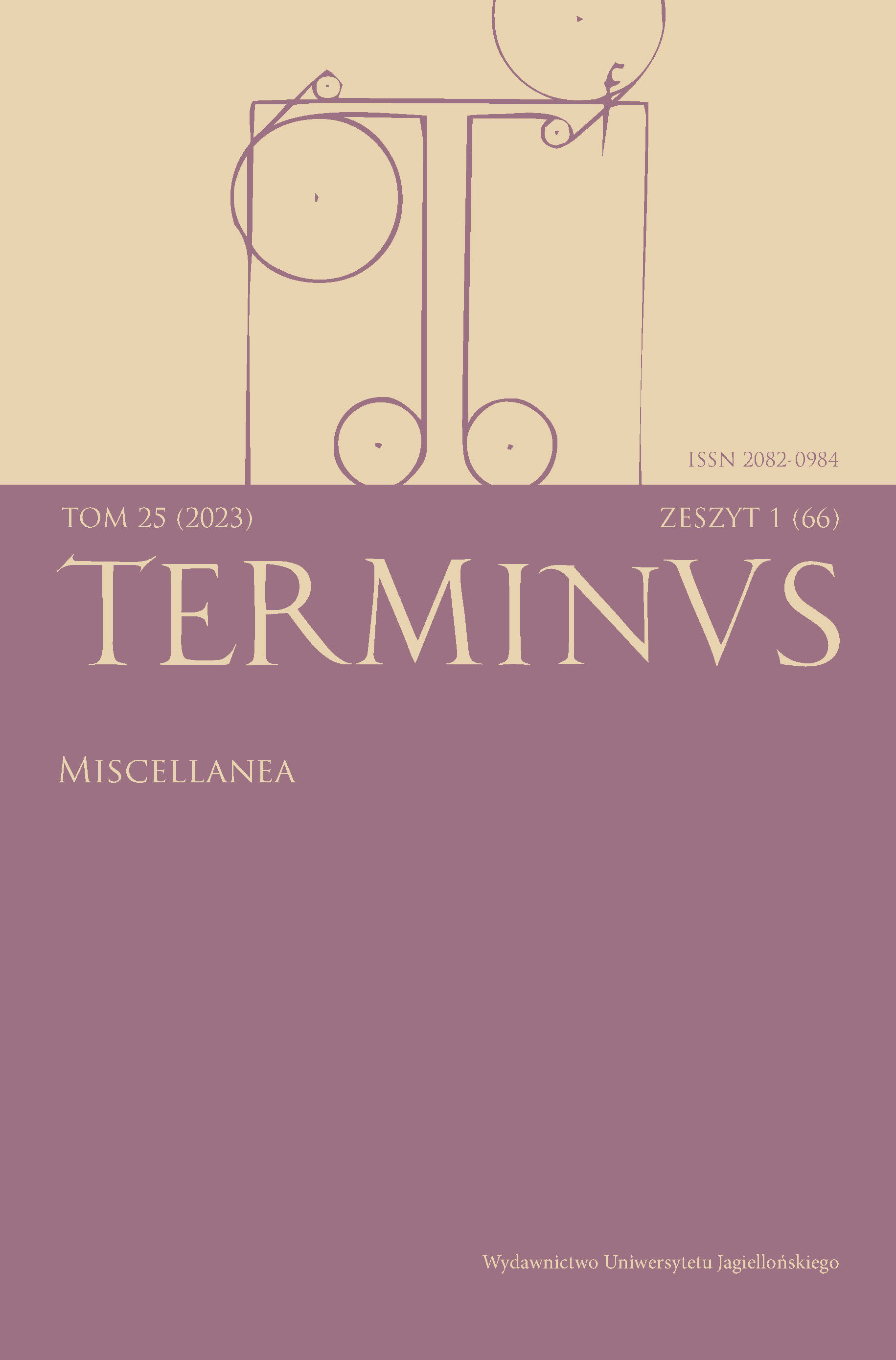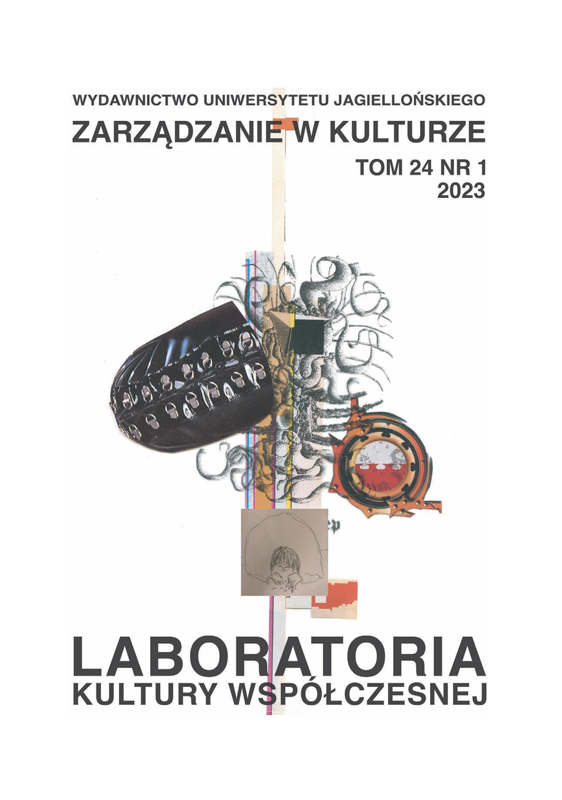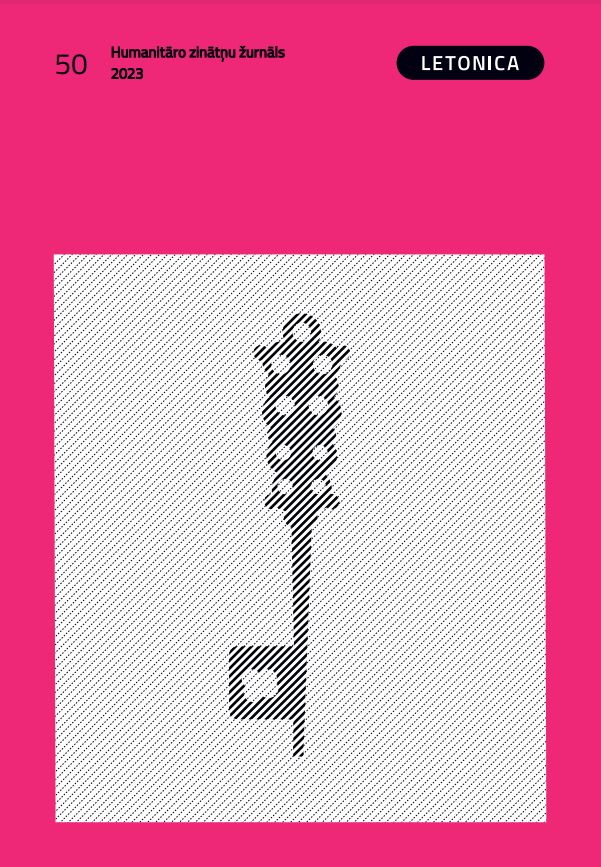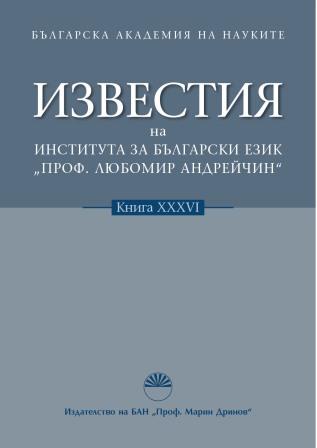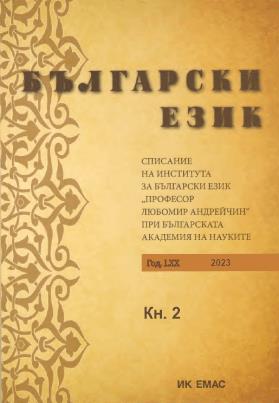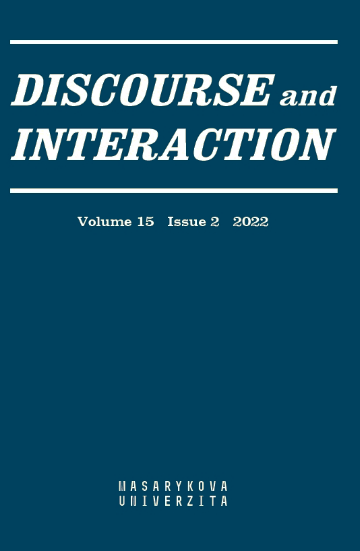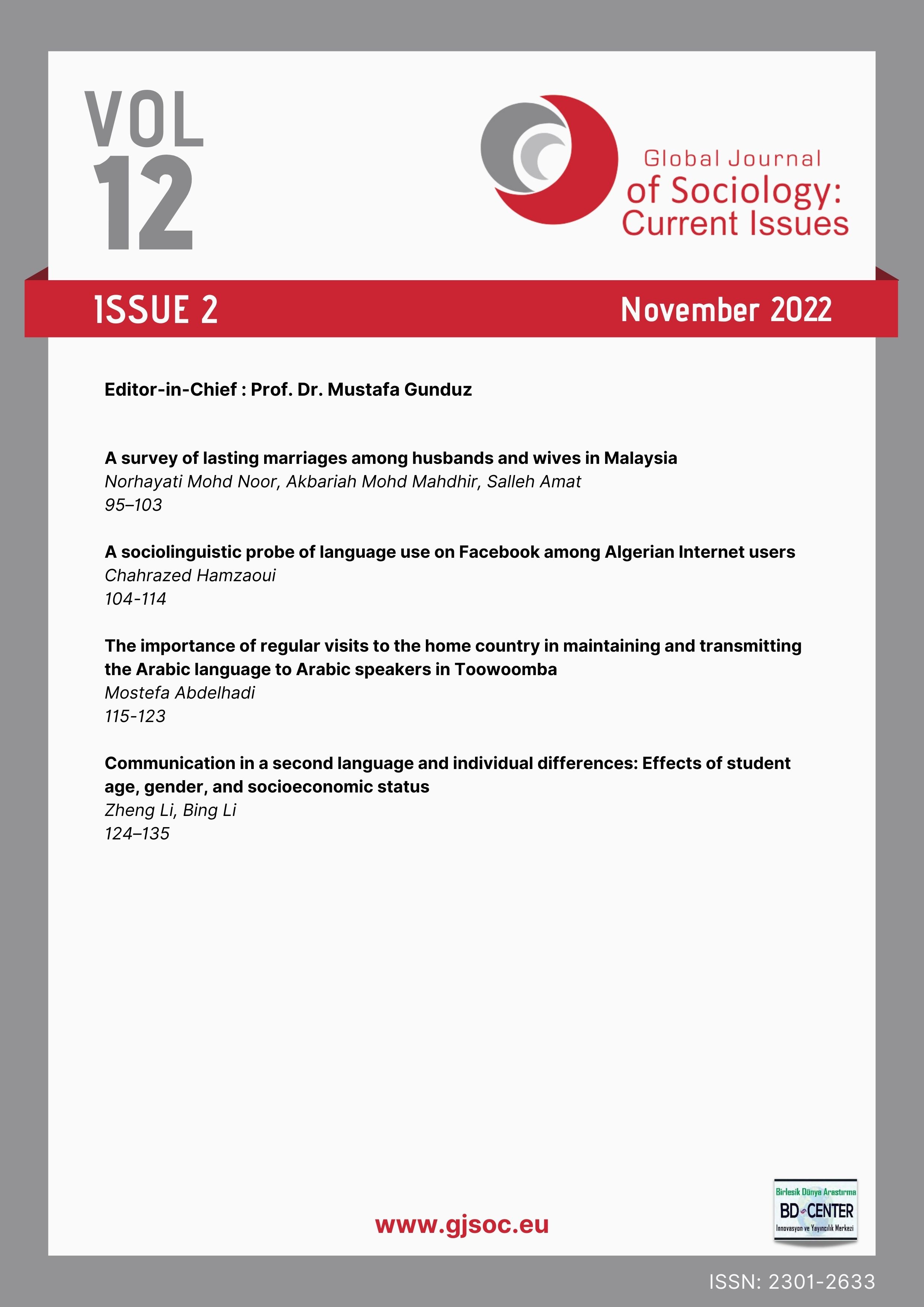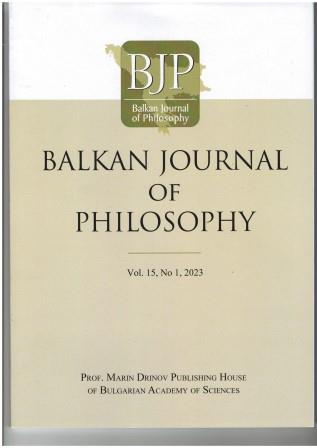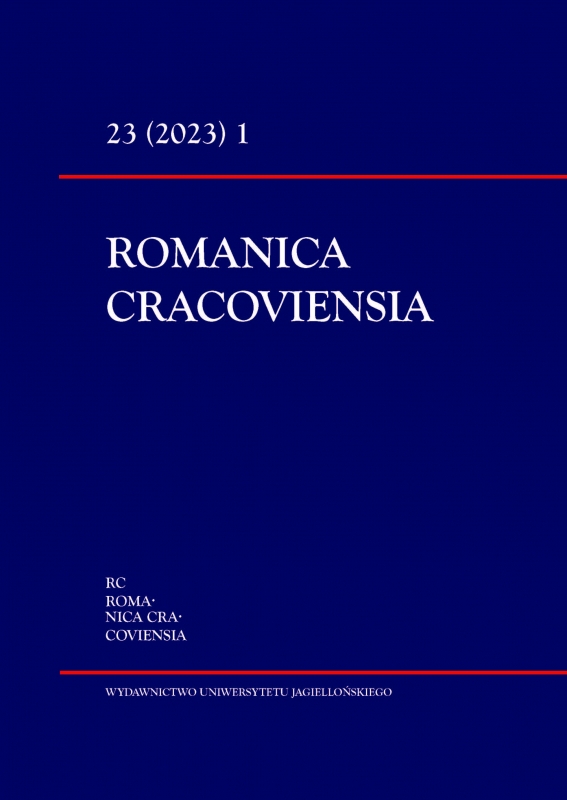
Análisis contrastivo de pronombres personales de los debates electorales Zapatero-Rajoy y Tusk-Kaczyński
In this article we try to compare and characterize the two electoral debates (one in Poland, between Donald Tusk and Jarosław Kaczyński, held on the 12th of October 2007 and the second, in Spain, be- tween Mariano Rajoy Brey and José Luis Rodríguez Zapatero held on the 25th of March 2008) from the point of view of the use of pronouns and their persuasive value. The study that we present below analyzes the discursive performance of the four politicians. This research is elaborated at the syntactic level and specifically the use of deictics: I, we, you.
More...
